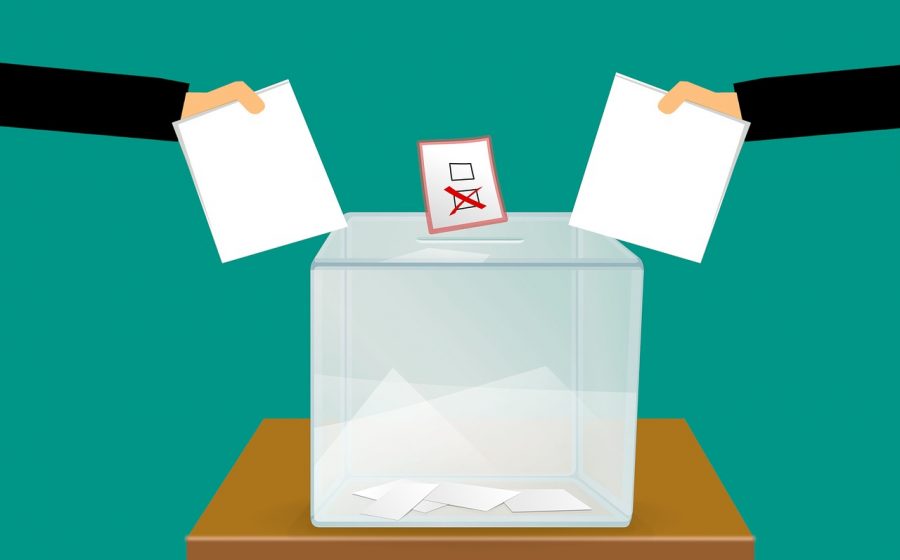South Dakota’s 2020 ballot questions
South Dakota has two Constitutional Amendments and one Initiated Measure this year; what will these proposals do?
October 14, 2020
This year especially, South Dakota has a lot up for grabs politically: presidential electors, a senator, our at-large representative and many other offices.
But a section of the ballot less frequently discussed yet just as important as the others is that of the ballot questions and initiatives, of which there are three. South Dakota has two Constitutional Amendments and one Initiated Measure this year. While the full texts of every proposal are available online, voters will see only a short summary of each by the Attorney General on the ballot. So, what will these proposals do?
Initiated Measure 26 (which can be amended by the state Legislature) seeks to create and facilitate a medical marijuana program in South Dakota. The measure applies the availability of using or cultivating marijuana to treat a debilitating condition (as certified by a general practitioner) to all “qualifying patients, including minors.” Patients, in addition to GP certification, must obtain a registration card from the South Dakota Department of Health. Marijiuana cultivation facilities are also legalized. This measure is estimated to cost $677,309, which is expected to be fully covered by program revenues.
Constitutional Amendment A (which can only be amended by the people) is similar, but it goes a bit further. This amendment will legalize marijuana possession, distribution, use and transport by people 21 or older. The State Department of Revenue will be authorized to issue licenses for marijuana production and selling, but local governments may regulate or ban licensees within their jurisdictions. Furthermore, the South Dakota Legislature will be required to pass laws providing for the legalization of medical marijuana and hemp. A 15% tax on marijuana sales would also be imposed, the revenue from which will go toward costs of regulation costs, public schools and the state general fund. By 2024, this is estimated to generate almost $30 million in net revenue.
A Sept. 18 statewide poll conducted by No Way On A (ironically, an anti-Amendment A campaign committee) found that “60% of respondents said they planned to vote in favor of Constitutional Amendment A. Initiated Measure 26… had an approval rating in the 70% range.”
Lastly, Constitutional Amendment B, for which no polling has yet been conducted, seeks to add sports betting to the list of legalized gaming types in Deadwood. The same would apply to on-reservation tribal casinos. The net revenue generated from enactment of this amendment would be required to go to historic restoration or preservation efforts in Deadwood.









